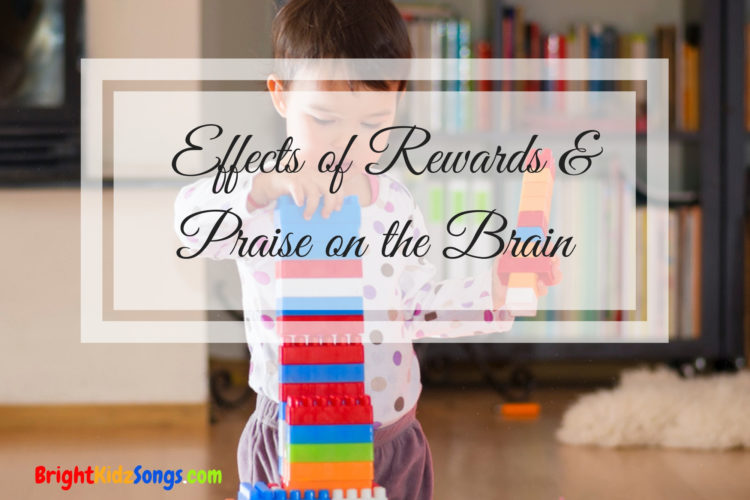
Rewards are often used to motivate children to behave in a certain way. Generally, rewards do encourage predictable behavior but, in the long run, may kill the intrinsic joy of learning. Children who are bribed for good work or good behavior soon tire of the designated reward and begin to require a bigger and better reward. Some studies even suggest that excessive praise can cause children to develop performance anxiety. Research suggests that “extrinsic motivation inhibits intrinsic motivation.” A reward system prevents the establishment of intrinsic motivation because there is rarely an incentive to be creative – only to do the requested behavior.
Here are some ideas to replace rewards with positive alternatives:
-
Use encouragement instead of praise. For example, “I can tell you put in a lot of effort into your drawing.”
-
Help children to evaluate their own efforts. Let them critique themselves.
-
Focus on the process as opposed to the product. Instead of saying, “Your building turned out great,”. Say, “Wow, that building shows a lot of hard work you did all by yourself.”
-
Use a natural voice when offering support to children. Be specific and sincere.
-
Share success stories and let your pride show.
-
Model the joys of learning. Show children how you enjoy reading books, and accomplishing goals.
-
Help children learn to accept the completion of tasks and accomplishment of goals as rewards in and of themselves.
-
Avoid comparisons and competitions. It is always better to provide children feedback on their individual progress.

